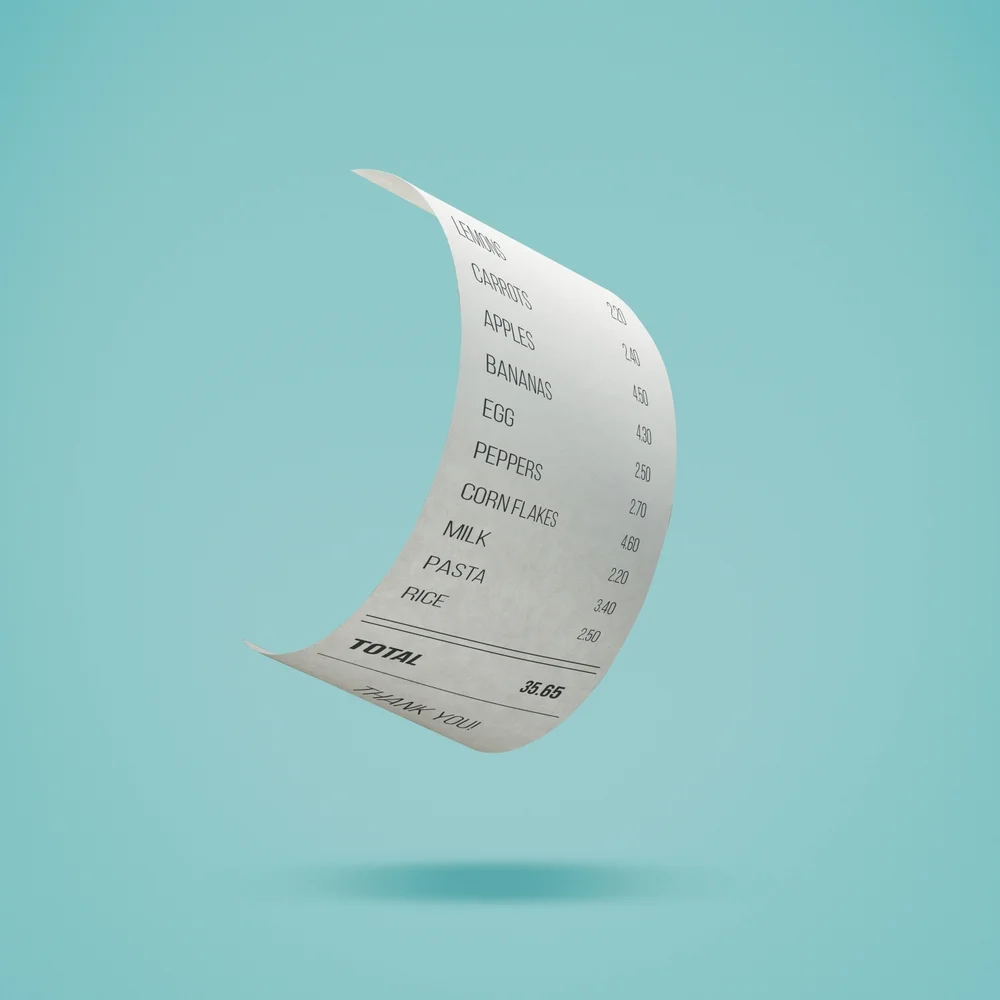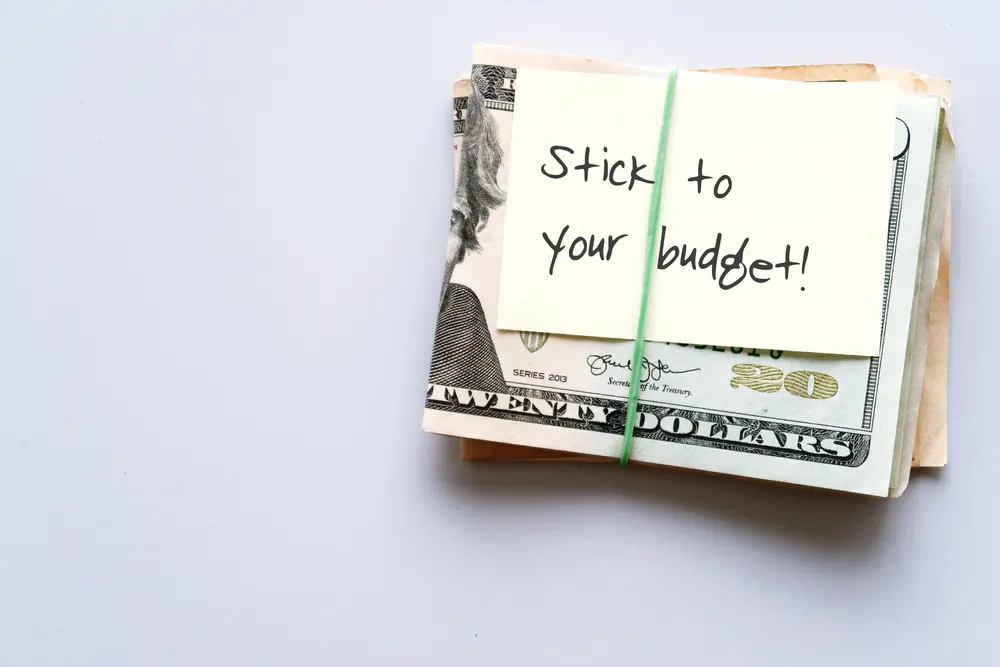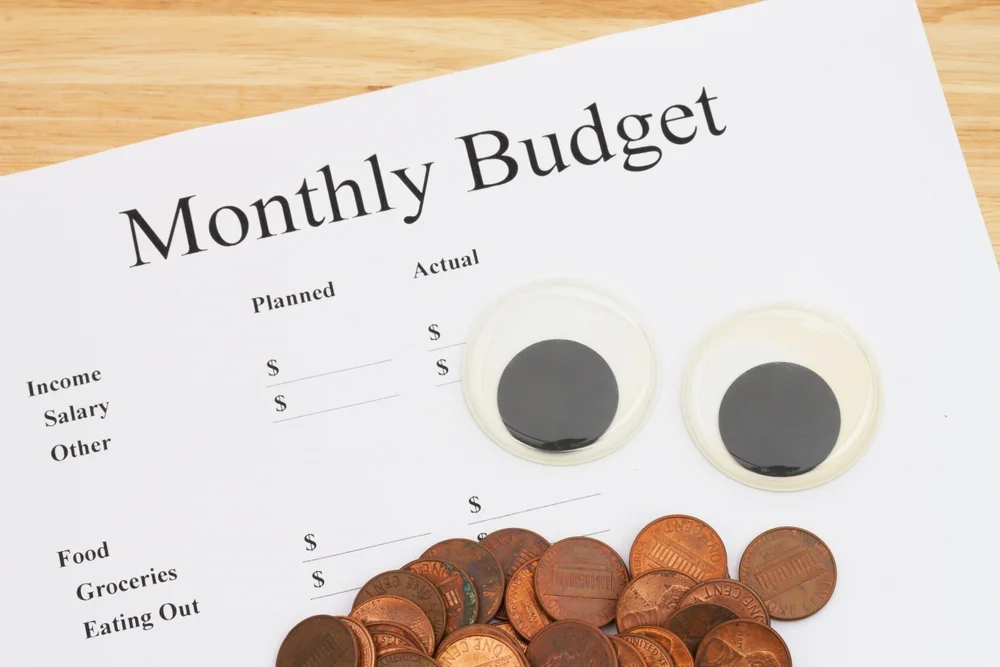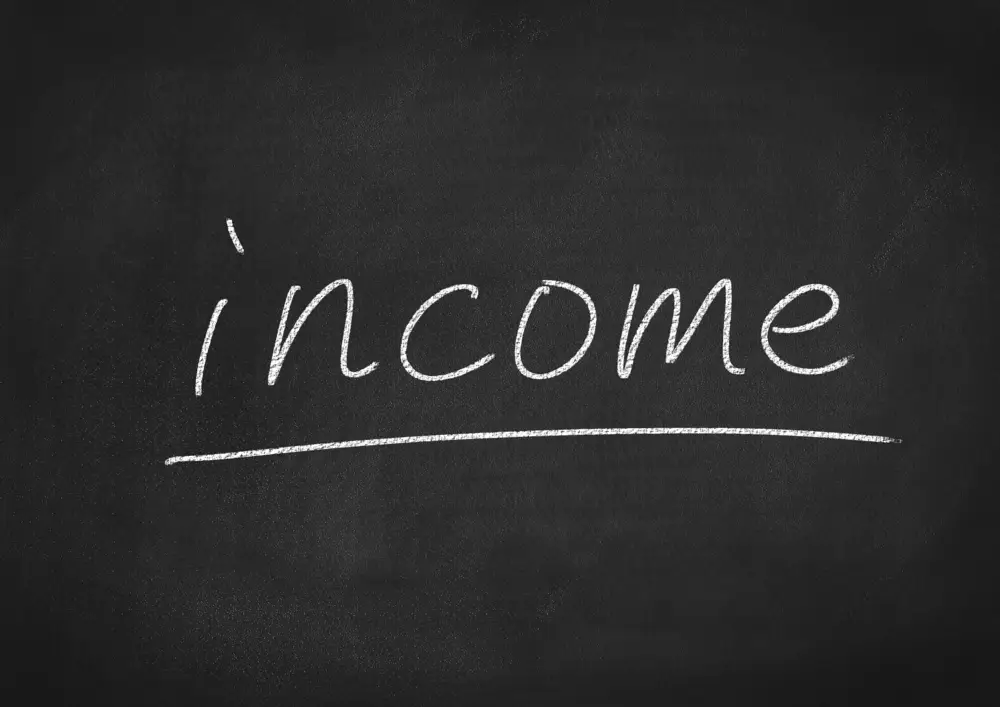Should You Adopt a Daily Budget? A Comprehensive Guide to Financial Discipline and Control
A safe and stress-free life revolves mostly on financial preparation. It guarantees that, instead of allowing our money to rule us, we actually control it. Daily budgeting is becoming more and more popular among several financial techniques as it is simple and exact. This blog investigates should you adopt a daily budget idea, their advantages, difficulties, and sensible use to assist you in determining whether keeping to a daily budget is the appropriate one.
Understanding Daily Budgets
What is a Daily Budget?
A daily budget is a set daily spending allotment. Its main goal is to offer a reasonable structure for underlining financial targets and expenditure control. A daily budget would be $50, for instance, if you make $3,000 a month and set aside $1,500 for discretionary spending. This approach guarantees improved money management by turning abstract monthly planning into doable daily objectives.
Benefits of a Daily Budget
- Financial Discipline: A daily budget imposes explicit spending limits, therefore fostering financial discipline. This system promotes conscious choices, therefore lessening the urge for unneeded purchases.
- Avoiding Overspending: Daily limitations help to reduce overspending. It guarantees that your financial limits are well defined and helps you to avoid unintentionally deplete your resources.
- Enhancing Savings Goals: By limiting expenditure to set levels, daily budgets help to enable savings. This constancy guarantees money for long-term projects, investments, or emergencies.

Assessing the Need for a Daily Budget
Indicators You Might Need a Daily Budget
- Living Paycheck to Paycheck: If you often run out of money before your next pay, a daily budget will enable you to allocate funds sensibly and prevent financial hardship.
- Difficulty Saving for Long-Term Goals: Fighting to save for a trip, house, or retirement? A daily budget helps to focus discretionary funds toward these areas of importance.
- Frequent Unplanned Expenses: Unplanned costs sometimes throw off budgets. A daily budget keeps financial derailment under control by including a contingency for unanticipated expenses.
When a Daily Budget May Not Be Necessary
- Stable Financial Habits: If you currently regularly avoid expenditures and follow a well-organized financial plan, a daily budget might not be necessary.
- Regular Tracking of Overall Expenses: Those who carefully monitor monthly spending and keep enough savings could find daily budgeting unnecessary.
- Consistent Savings Growth: Your present approach may be adequate if your funds increase gradually without tight daily restrictions.
How to Create a Daily Budget
Step-by-Step Guide to Daily Budgeting
1. Assessing Income and Expenses
Start by figuring your monthly income. List all of your fixed costs—loans, utilities, and rent among others. To find discretionary money, deduct them from your income.
2. Prioritizing Necessary Expenses
Identify non-negotiable expenses, like groceries and transportation. Allocate funds to cover these needs first.
3. Allocating Discretionary Funds
Share the remaining money among your daily budget of choice. Make sure it fits sometimes more expensive spending days.
Tools and Resources for Budgeting
- Mobile Apps and Software: Budgeting is made easier by apps as Mint, YNAB, and PocketGuard. They track spending, provide insights, and warn of overspending.
- Traditional Methods: Spreadsheets or pen and paper can also be quite effective. They provide customizing but call for tracking and hand updates.

Challenges and How to Overcome Them
Common Challenges in Sticking to a Daily Budget
- Unexpected Expenses: Daily finances might be upset by emergencies, medical bills, or unneeded repairs. Without planning, this could worsen financial load.
- Impulse Spending: Promotions and sales temptations can throw off budgeting. Many times, these impulsive buys cause guilt and financial hardship.
Strategies to Stay on Track
- Setting Realistic Goals: First start with reasonable daily restrictions. Unrealistic budgets are harder to sustain and cause annoyance.
- Building an Emergency Fund: One uses an emergency reserve as a safety net. Saving some of your money will help you be ready for unanticipated expenses.
- Regularly Reviewing and Adjusting the Budget: Expenses and life change with time. Monthly review your budget to make sure it accurately represents your financial situation.
Alternatives to Should You Adopt a Daily Budget
Weekly and Monthly Budgeting
- Pros and Cons Compared to Daily Budgeting: For people who are comfortable with more general spending categories, weekly and monthly budgets give flexibility but lack the detailed supervision of daily limitations.
- Examples of Weekly and Monthly Strategies: Set aside money for savings, pleasure, and grocery in exact quantities. Change every category as your spending changes.
Automation and Other Modern Solutions
- Automating Bills and Savings: Automated payments guarantee on-time bill payment, therefore preventing late penalties. Automated savings enable simple financial goal attainment.
- Using AI-Powered Financial Tools: Tools driven by artificial intelligence examine expenditure trends and offer recommended budgets. These offer ideas and easy tracking of development.

Daily Budgeting in Different Life Stages
Students and Young Adults
- Managing Limited Income: Many times, students depend on part-time work or allowances. A daily budget guarantees sensible allocation of funds for needs and recreation.
- Budgeting for Education and Entertainment: One must balance books, tuition, and visits; daily restrictions minimize overspending and enable occasional delights.
Families and Professionals
- Balancing Household Expenses: Families pay different bills for everything from food to tuition. A daily budget helps to clarify this by setting reasonable constraints.
- Budgeting for Future Investments: Daily budgets help professionals who want to be homeowners or retirees guarantee regular financial contributions.
Retirees
- Fixed Income Considerations: Often living on pensions or savings are retirees. An efficient management of these limited resources depends on a daily budget.
- Allocating for Healthcare and Leisure: Healthcare expenses could be erratic. Daily budgets provide enough money and let one pursue interests and leisure.
Case Studies: Real-Life Examples of Daily Budgeting
- Success Stories: Many people have attained financial stability by means of daily budgets. For her child’s schooling, for example, a single mother set aside $30 every day.
- Lessons Learned from Budget Failures: Typical mistakes include un reasonable expectations and lack of budget adjustments. From these, one can improve results.
Conclusion
A great instrument for controlling money and reaching financial goals is daily budgeting. Though not everyone requires it, its advantages—from discipline to more savings—are indisputable. Review your financial practices and decide on a budgeting technique that should you adopt a daily budget, is it fit for your way of life.
FAQs
- What is the best method to start a daily budget? Calculate revenue first; then, identify your expenses and divide your discretionary money daily into limitations.
- How can I adjust my daily budget when unexpected expenses arise? Use a reallocated from less important category or an emergency fund.
- Are there specific tools that make daily budgeting easier? Mint and YNAB apps streamline tracking and changes.
- Can daily budgeting work for irregular income earners? Indeed, but to guarantee consistency, plan depending on the lowest monthly revenue.
- What is the difference between daily and monthly budgeting? Monthly budgets give more freedom; daily budgets concentrate on exact management.



